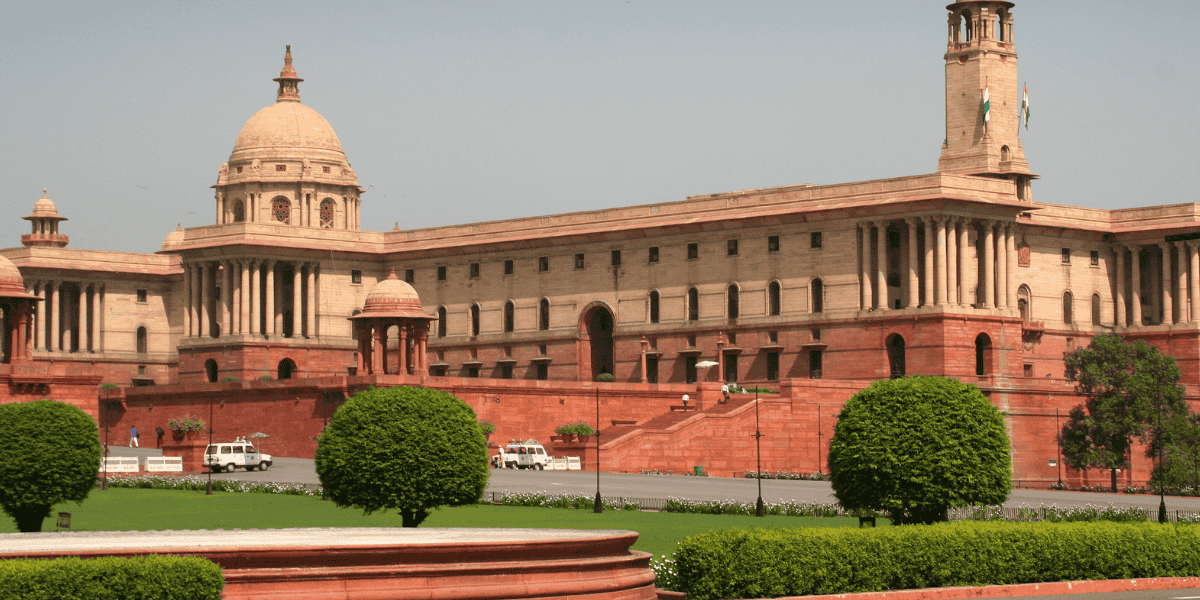The Swiss Federal Tax Administration declared the suspension of the Most Favoured Nation (MFN) clause under the 1994 Swiss-India tax treaty on 11 December 2024. That will be effective from 1 January 2025.
Switzerland is rescinding its unilateral application of the most-favoured-nation clause in the protocol to the double taxation agreement between Switzerland and India for dividends in its new double taxation agreements, India has agreed to a 5% tax on dividends instead of the 10% agreed with Switzerland. As a result, Switzerland has adopted the lower rate on the basis of the most-favoured-nation (MFN) clause.
However, India interprets the MFN provisions differently and does not apply them. In order to restore the reciprocity of the agreement, Switzerland will revert to the previous rate of 10% from 1 January 2025. This measure will not affect the free trade agreement between the two countries or Swiss investments in India.
Switzerland and India have concluded the agreement of 2 November 1994 for the avoidance of double taxation with respect to taxes on income (DTC IN-CH)1.
It was revised by the amending protocols dated 16 February 2000 and 30 August 2010.
Article 11 of the amending protocol dated 30 August 2010 contains the most favoured nation clause, which stipulates that if, after the signing of the amending protocol dated 30 August 2010, India under any convention, agreement or protocol with a third State which is a member of the OECD, limits its taxation at source on dividends, interest, royalties or fees for technical services to a rate lower than the rate provided for in DTC IN-CH on the said items of income, the same rate as provided for in that convention, agreement or protocol on the said items of income shall also apply between Switzerland and India as from the date on which such Convention, Agreement or Protocol enters into force.
Following the signing of the amending protocol dated 30 August 2010, India concluded two new double taxation agreements with States which are now OECD members, in which it granted lower rates with respect to dividends. These are the agreement of 26 July 2011 between the government of the Republic of India and the government of the Republic of Lithuania for the avoidance of double taxation with respect to taxes on income and on capital and the prevention of fiscal evasion (DTC IN-LT) and the agreement of 13 May 2011 between the government of the Republic of India and the Republic of Colombia for the avoidance of double taxation with respect to taxes on income and the prevention of fiscal evasion (DTC IN-CO).
Article 10, paragraph 2, letter a DTC IN-LT provides for a residual tax rate in the source State of 5% of the gross amount of dividends if the beneficial owner is a company (other than a partnership) that directly owns at least 10% of the capital of the company paying the dividends. Lithuania joined the OECD on 5 July 2018.
In a statement published on 13 August 2021, the Swiss competent authority indicated that, on the basis of the most favoured nation clause between Switzerland and India, Lithuania’s accession to the OECD had had the effect, retroactively to and including 5 July 2018, of replacing the residual tax rate in the source State for dividends from qualifying shareholdings from 10% to 5% in the context of relations between India and Switzerland. Article 10, paragraph 2 DTC IN-CO provides for a general residual tax rate of 5% in the source State. Colombia joined the OECD on 28 April 2020.
















